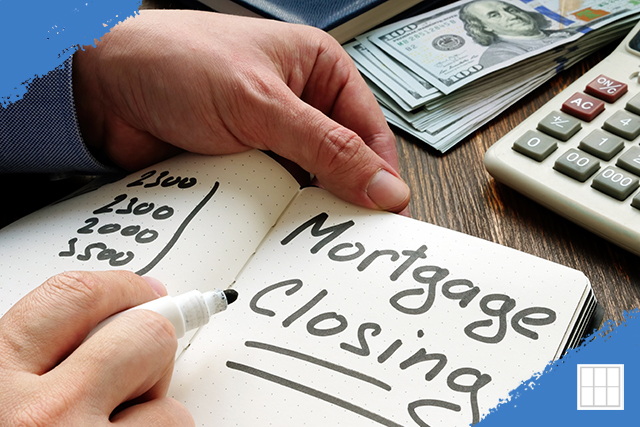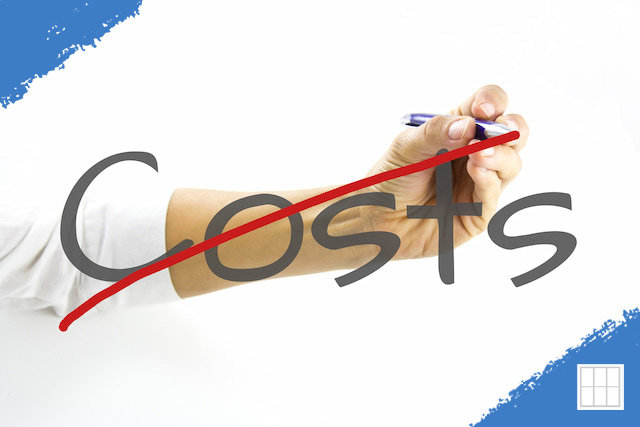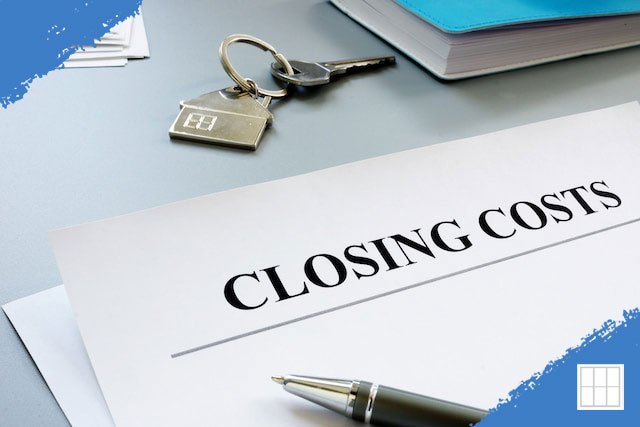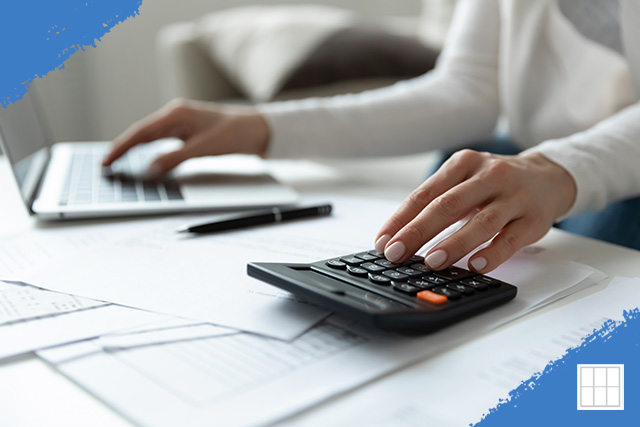When looking to refinance, a homeowner has several rate and cost options to choose from…

Mortgage Closing Costs: A Comprehensive Guide
When purchasing a home, one of the most significant steps is understanding and preparing for closing costs. These costs can be a source of confusion and surprise for many homebuyers. This guide will provide you with a detailed overview of what closing costs are, how much you can expect to pay, and tips to minimize these expenses.
What Are Closing Costs?
Closing costs are fees and expenses you must pay when finalizing a mortgage. These costs cover various services required to process your home loan and transfer ownership of the property. Both buyers and sellers incur closing costs, but typically, the buyer bears the majority of these expenses.
Common Types of Costs
- Loan Origination Fees: These are fees charged by the lender for processing the loan application. This includes underwriting and funding the loan, which generally ranges from 0.5% to 1% of the loan amount.
- Appraisal Fees: An appraisal is conducted to determine the market value of the property. Appraisal fees typically range from $300 to $500, though they can be higher for unique or high-value properties.
- Title Insurance and Search Fees: Title insurance protects both the lender and the buyer against disputes over the ownership of the property. A title search is conducted to ensure there are no outstanding claims or liens on the property. These fees can range from $300 to $1,500 depending on the property’s value and location.
- Escrow Fees: These are fees paid to the escrow company that handles the closing process, ensuring that all funds are distributed correctly. Escrow fees generally range from $300 to $700.
- Credit Report Fees: Lenders charge this fee to pull your credit report from the major credit bureaus, typically costing between $15 and $30.
- Homeowners Insurance: Lenders require the first year of homeowners insurance to be paid at closing. The cost varies depending on the property and coverage selected.
- Property Taxes: Buyers may need to pay property taxes upfront at closing, which can vary widely based on the property’s location and assessed value.
- Mortgage Insurance: If your down payment is less than 20%, you might need to pay for private mortgage insurance (PMI) or a mortgage insurance premium (MIP) for FHA loans. These costs can be significant and often increase your monthly payments.
How Much Are Closing Costs?
Closing costs typically range from 1% to 2.5% of the loan amount. For instance, on a $250,000 home, you could expect to pay between $3,000 and $6,000. The exact amount depends on various factors including the loan amount, property location, and specific loan terms.
Get a Loan Estimate
Early in the mortgage application process, you’ll receive a Loan Estimate (LE) form from your lender. This document provides an estimate of the costs, loan terms, and monthly payments. Review this document carefully to understand the expected costs.
Three days before closing, you’ll receive a Closing Disclosure (CD) form, which gives a detailed breakdown of the final costs. Compare this with the Loan Estimate to ensure there are no unexpected charges.
Tips to Minimize Closing Costs
- Shop Around: Different lenders have varying fees. Get quotes from multiple lenders to compare costs and negotiate better terms.
- Ask the Seller to Contribute: In some cases, sellers may agree to pay a portion of the closing costs to facilitate the sale. You can negotiate this during the offer process.
- Use a No-Closing-Cost Mortgage: Some lenders offer no-closing-cost mortgages, where the closing costs are rolled into the loan amount or the interest rate is slightly higher to cover these fees.
- Look for Assistance Programs: Some state and local governments offer grants or low-interest loans to help with closing costs for first-time homebuyers.
- Review the Loan Estimate and Closing Disclosure: Carefully review these documents to spot any discrepancies or unnecessary fees. Don’t hesitate to ask your lender for explanations or corrections.
Conclusion
Understanding closing costs is crucial for homebuyers to avoid last-minute surprises and ensure a smooth process. By planning ahead, shopping around, and leveraging available resources, you can minimize these costs and make informed decisions about your mortgage. Consult a mortgage advisor or real estate professional to receive personalized advice tailored to your specific situation.



